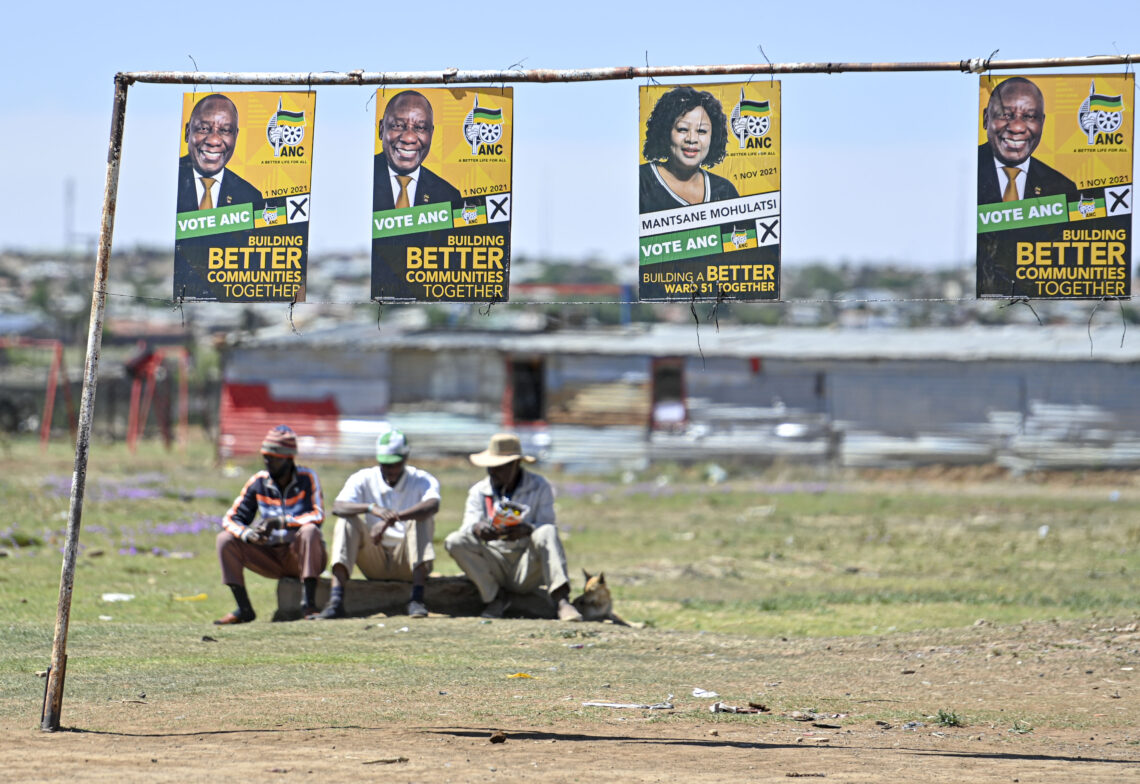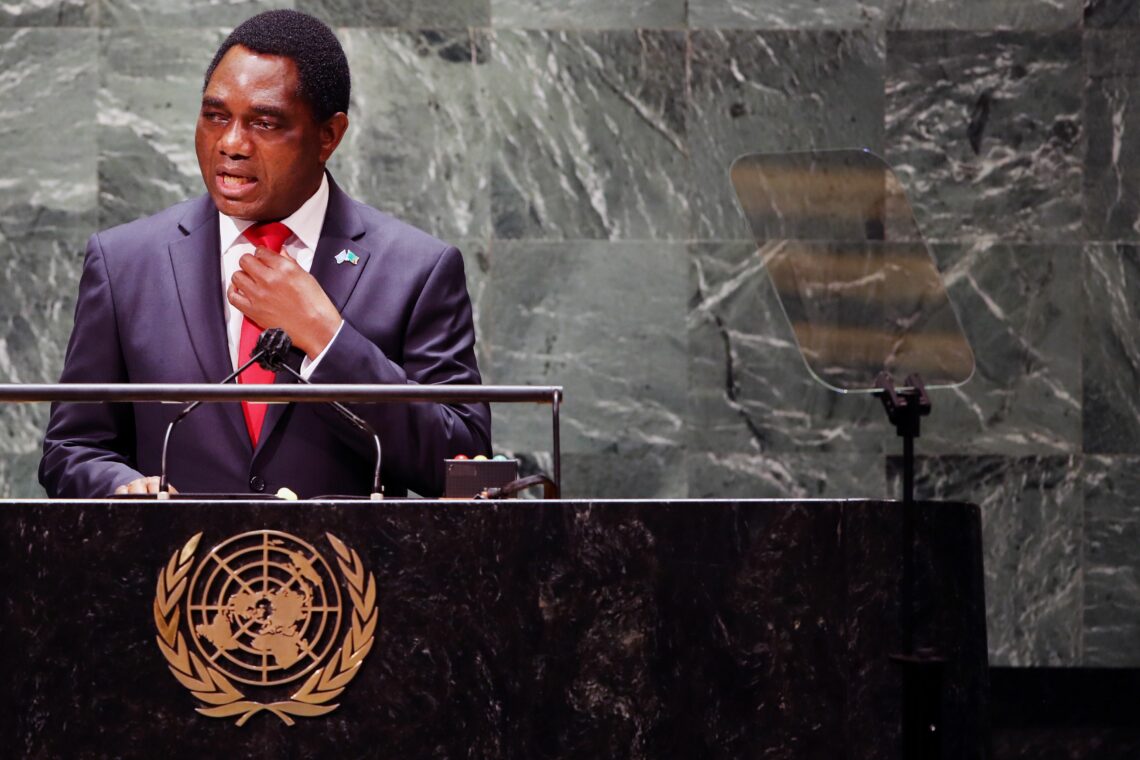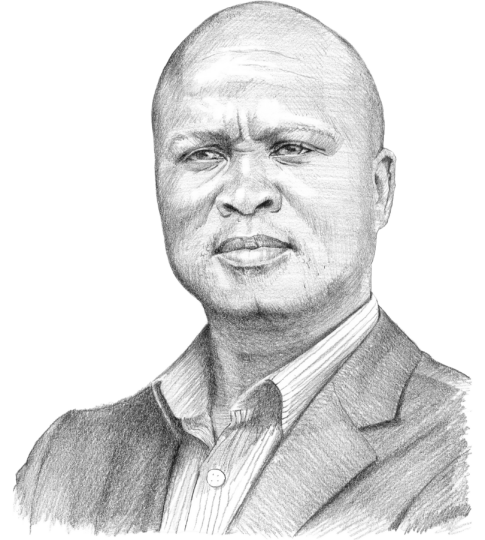Southern African opposition parties turn to courts
In Southern Africa, the political scene has long been dominated by the parties that came to power after independence. However, a new trend is emerging: opposition parties are turning to constitutional courts to uphold their rights.

In a nutshell
- Opposition parties won elections in Malawi and Zambia
- Courts could play a role in defending political pluralism
- More political transitions could take place in the SADC
The Southern Africa Development Community (SADC) is gradually experiencing an interesting turn in politics. Opposition parties are finding a novel way to contest elections and gain power in a region where dissenting voices have thus far not been tolerated.
Since independence, SADC politics have been dominated by the liberation parties that came to power after independence. But now the region is experiencing a paradigm shift; judiciary systems have begun taking a more active role in safeguarding fair electoral competition among parties.
Any democracy needs a political system where the opposition can effectively win elections and come to power peacefully. Failing this, democratic consolidation cannot be achieved. But in the SADC, over the last three decades, only Zambia and Malawi have seen a peaceful transfer of power from the dominant founding political parties to the opposition.
Emerging trend
The May 2020 elections in Malawi resulted in an opposition coalition winning elections for the first time since the country gained independence in 1964. Recently, Zambia followed Malawi’s path, when opposition leader Hakainde Hichilema led the United Party for National Development to a surprise electoral victory.
Political change in Malawi and Zambia was not the result of electoral reforms. There is no appetite in the region to take legal steps to improve the prospects of opposition parties, despite clear signs that the faltering political systems need to allow competition to approve accountability. The ruling liberation parties are struggling to transform into modern organizations capable of leading complex societies, and sluggish leadership has led to political stagnation. While some countries have adopted institutional frameworks that support multiparty democracy and competitive politics, in practice the opposition faces extremely unfavorable electoral conditions compared to incumbent parties.
In Malawi’s opposition victory, the court had to protect the integrity of the elections.
Given this lack of electoral reforms, the independent judiciaries now find themselves amid a political storm. They have been pushed into the role of protectors of democracy against the dominant parties. Time and time again, courts in the region are approached by desperate opposition parties and civil society organizations that hope the legal system will put into motion the reforms necessary for free and fair elections.
In Malawi’s opposition victory, the court had to protect the integrity of the elections and nullify the first round because of irregularities. Had it not been for this ruling, the incumbent party would have won. The court also dismissed a contest to the results of the recent 2021 election, protecting the opposition’s electoral victory. Meanwhile, the Zimbabwean Supreme Court did not interfere in the controversial 2008 election that nearly deposed the Zimbabwe African National Union-Patriotic Front (ZANU-PF), resulting in a runoff that was lost by the Movement for Democratic Change (MDC) led by Morgan Tsvangirai.

Local elections
An independent judiciary capable of taking a stance against the executive could have turned things around in Zimbabwe. This explains why civil society organizations and opposition parties are now looking to judiciary systems for reform. The trend has the potential to displace the ruling founding parties, pitting them against the courts.
South Africa just held fiercely contested local government elections, following yet another term characterized by dysfunction. Municipalities are infamous for their poor service delivery, graft and financial mismanagement. Ongoing corruption scandals are plaguing the ruling African National Congress (ANC).
The government had hoped elections would be postponed due to the Covid-19 pandemic. The Electoral Commission of South Africa petitioned the constitutional court, arguing that the pandemic did not allow for free and fair elections to be held. Ill-prepared to go to local elections, with branch members engaged in intense factional conflict, the ANC would have benefited from a postponement. The court ordered that the elections be held within six weeks of the ruling, effectively denying the delay.
In South Africa, the judiciary is often subjected to political harassment.
The official opposition party, the Democratic Alliance (DA), was against postponing the elections, and the court essentially intervened in their favor. The landmark ruling is the first time the judiciary has passed a judgment potentially affecting the ANC’s electoral outcome in postapartheid South Africa.
In South Africa, the judiciary is often subjected to political harassment and undue criticism when courts make decisions that are not in line with the political agenda of the dominant party. But still, courts have clearly shown their capacity to resist pressure. In another watershed case, the court revoked an electoral law because it did not allow independent candidates to run for parliament at the provincial and national levels without being listed on a party ticket.
Scenarios
After decades of poor performance by some liberation parties, opposition coalitions seem to be emerging as credible political contenders. With two countries having recently seen an opposition victory, the trend could continue. Judiciaries are increasingly brought to the fore to adjudicate cases involving electoral disputes. As a result, the ruling parties will increase pressure on courts. As elections are held across the region, more contests will be taken to the courts by opposition parties and civil society to counter the abuses of ruling parties. Other means of launching electoral reforms are blocked by those parties’ domination of the legislative chambers.
This is the main battle that lies ahead for SADC societies undergoing democratic consolidation. The judiciaries will require public support to resist pressure from the executive, and this conflict between the two branches of power may result in more political tension for years to come.








